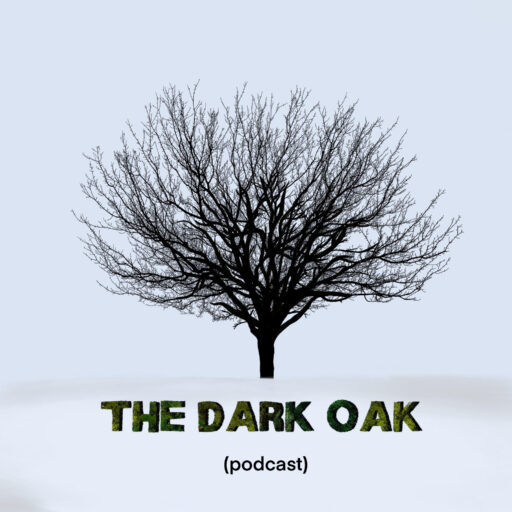
In honor of Black History Month, today we delve into the 16th Street Baptist Church bombing.
The 16th Street Baptist Church was a large and prominent church located downtown, just blocks from Birmingham’s commercial district and City Hall. Just before 11 o’clock on September 15, 1963, instead of rising to begin prayers, the congregation was knocked to the ground. As a bomb exploded under the steps of the church, they sought safety under the pews and shielded each other from falling debris. Join us as we travel the decades it took to finally bring justice to the families of the four girls killed in the bombing.
Learn about the Emmett Till Unsolved Civil Rights Act passed in 2008 which allows prosecution of previously untried perpetrators of racial hate crimes, even if the statute of limitations have expired. And explore the unsolved case of Oneal Moore who was the first African-American deputy sheriff for the Washington Parish Sheriff’s Office in Varnado, Louisiana. He was murdered on June 2, 1965, by alleged members of the Ku Klux Klan in a drive-by shooting, one year and a day after his landmark appointment as deputy sheriff. While there have been clear suspects, no one has ever been tried for his murder.
The Branch of Hope:
The National Trust for Historic Preservation (savingplaces.org) is a privately funded nonprofit organization that works to save America’s historic sites while tell the full American story, build stronger communities, and invest in preservation’s future.
The 16th Street Baptist Church alone receives over 100,000 every year who come to witness the legacy of activism that has been cultivated by the congregation, with daily hour-long tours provided by church member volunteers. In addition to its tourism-related outreach, the church hosts numerous community events, and offers a Benevolence Ministry that provides emergency financial support to those in need, a Fatherhood Ministry to educate and mentor young fathers, and a Wall Builders program to help with addiction recovery.
The congregation has completed many critical and expensive repairs to its main building in recent years. A $250,000 National Fund grant with $500,000 in matching funds raised by the congregation supported critical work on the roof, foundation, and exterior of 16th Street Baptist’s adjacent parsonage, along with installation of a ramp compliant with the Americans with Disabilities Act.
By contributing to the National Trust for Historic Preservation we hope to propel their mission of telling the full American story including the diversity that has led to our multicultural nation.
Source:
16th Street Baptist Church bombing (1963) (U.S. National Park Service). (n.d.). https://www.nps.gov/articles/16thstreetbaptist.htm
Birmingham Church bombing – Alabama, civil rights movement, victims | HISTORY. (2010, January 27). HISTORY. https://www.history.com/topics/1960s/birmingham-church-bombing
Parrott-Sheffer, C. (2023, December 14). 16th Street Baptist Church bombing | History & Four Girls. Encyclopedia Britannica. https://www.britannica.com/event/16th-Street-Baptist-Church-bombing
Elliott, D. (2023, September 14). Lessons from Birmingham: 60 years after the 16th Street Baptist Church bombing. NPR. https://www.npr.org/2023/09/14/1199312953/16th-street-baptist-church-bombing-60th-anniversary
Wikipedia contributors. (2023, December 2). Emmett till Unsolved Civil Rights Crime Act. Wikipedia. https://en.wikipedia.org/wiki/Emmett_Till_Unsolved_Civil_Rights_Crime_Act
Oneal Moore. (n.d.). Southern Poverty Law Center. https://www.splcenter.org/oneal-moore
Oneal Moore | Un(re)solved | FRONTLINE | PBS| Web Interactive. (n.d.). https://www.pbs.org/wgbh/frontline/interactive/unresolved/cases/oneal-moore
The unsolved murder of Oneal Moore, a Black deputy sheriff in 1960s Louisiana. (2021, October 15). A&E. https://www.aetv.com/real-crime/oneal-moore
Join The Dark Oak discussion:
This episode of The Dark Oak was created, researched, written, recorded, hosted, edited, published, and marketed by Cynthia and Stefanie of Just Us Gals Productions with artwork by Justyse Holmes and Music by Ryan Creep
